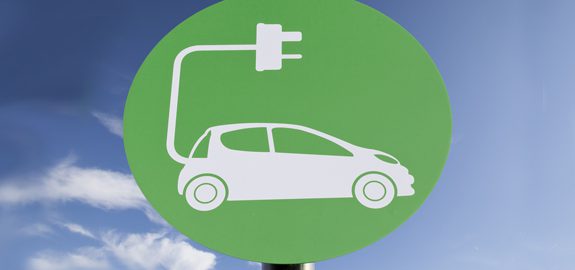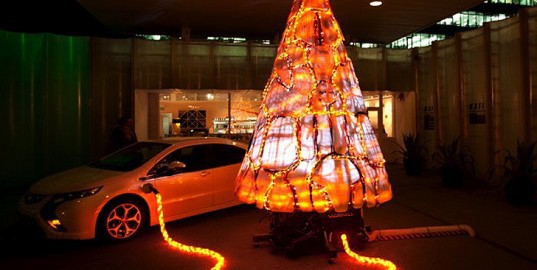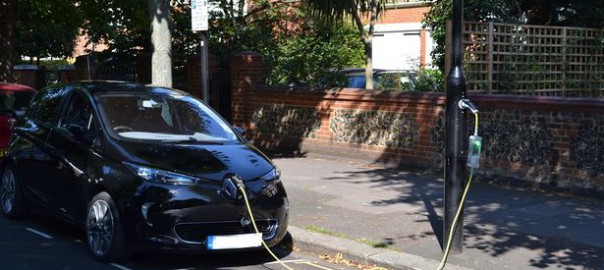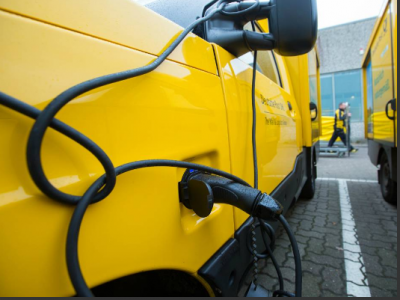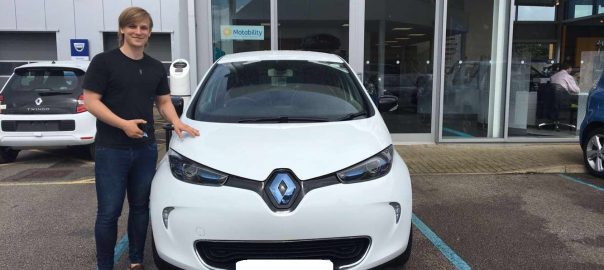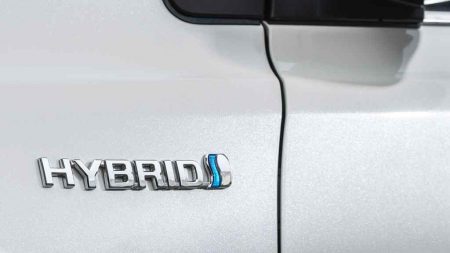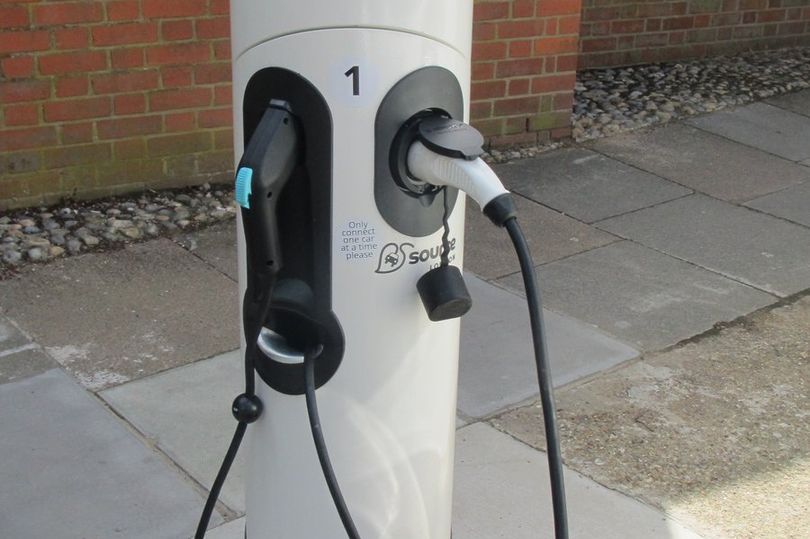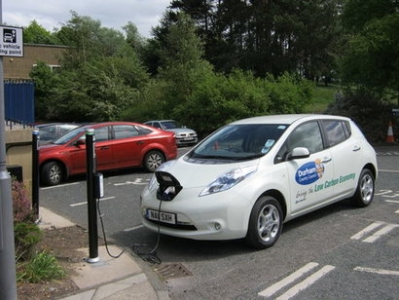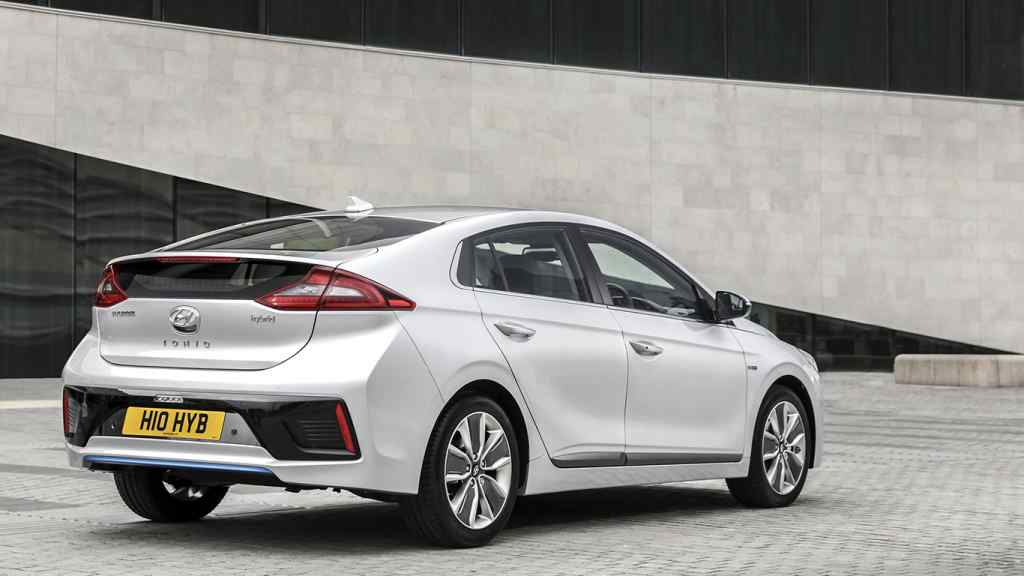Jolt has launched its free fast-charging service for electric vehicles (EVs) in the UK after striking a deal with the London Borough of Barnet.
The charge point operator offers UK EV drivers 7 kWh, or around 30 miles, of free, fast charging, with cost of charging offset though its integrated advertising network.
After users have consumed 7 kWh for the calendar day, drivers will be charged a per kWh rate.
Born in Australia, Jolt recently announced its partnership with Telus to develop 5,000 EV chargers across Canada and currently operates in New Zealand, Canada and the USA.

The company plans to roll-out thousands of charging stations across the UK in the next few years.
John Rainford, UK country manager at Jolt, said: “Accelerating e-mobility, in a way that’s equitable and sustainable to all involved, is at the heart of what we do at Jolt.
“We are proud to express our commitment to making EV charging accessible through seamless customer experience, especially for those without home charging, and empowering EV ownership in the UK, while helping minimise emissions created by transport.
“Thanks to our partners who are working towards the same ambitious net zero goals, we anticipate accelerated growth and expansion of Jolt’s EV charging infrastructure across the country.”
The partnership with the London Borough of Barnet follows a £2.1 million funding grant, as part of the Local Electric Vehicle Infrastructure (LEVI) Pilot Project, a government scheme supporting the rollout of EV charging infrastructure.
Read more: FleetNews
It’s Time to Go Green!
If you would like to know more about Solar Panels and the PowerBanx range of home battery systems, and get a free instant quote, please complete our online form:

